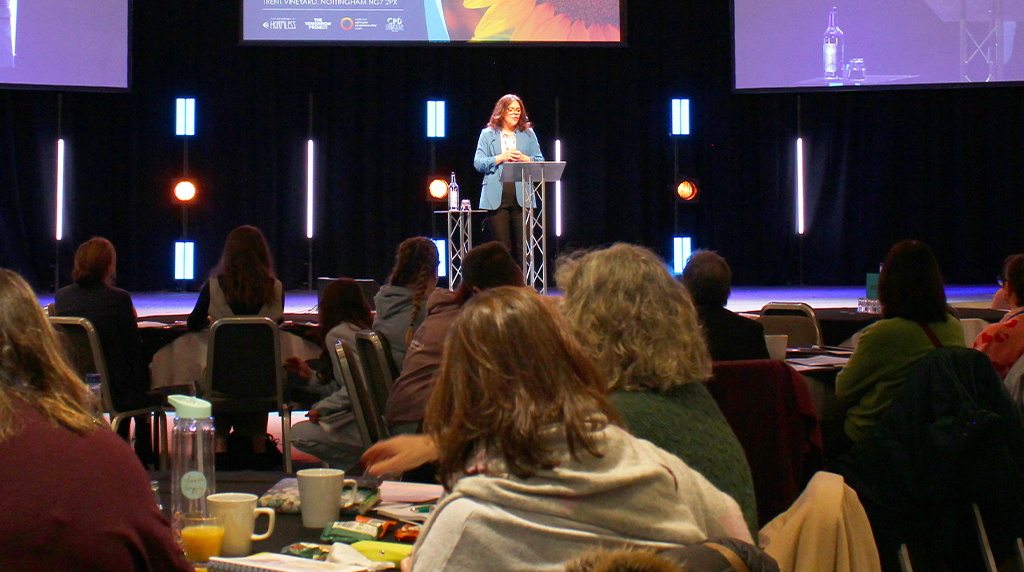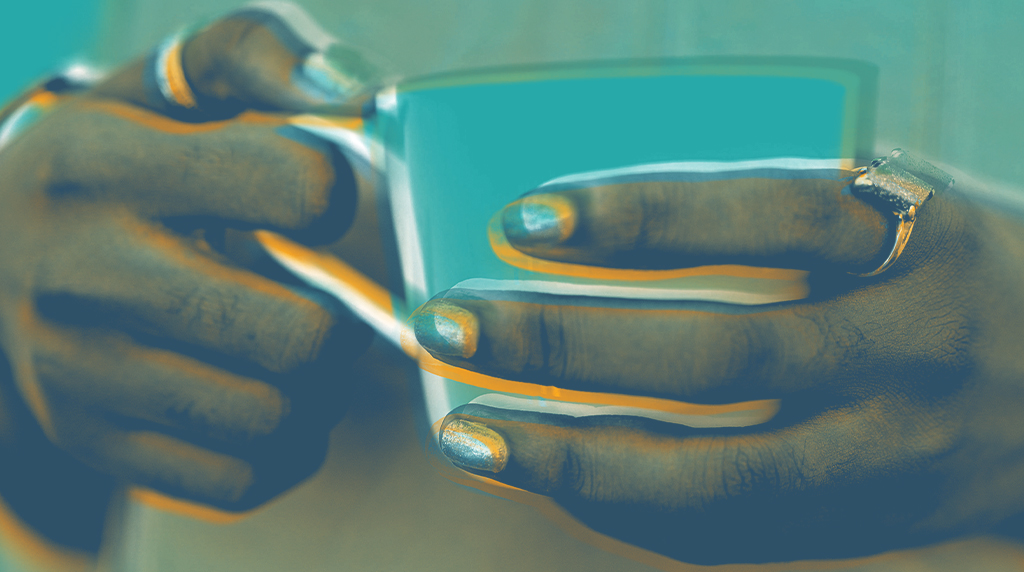By Megan Dooley (Training & Education Officer)
I work remotely in suicide prevention. However, I am not client-facing – I work as a Training and Education Officer. The role has many different parts, but at its core, my team and I deliver training sessions (in person and online) teaching people about the complexities of suicidality, self harm, suicide bereavement and poor mental health. We focus on how to have supportive, compassionate conversations and – when appropriate – how to effectively guide people to professional help and support.
Working in suicide prevention comes with impacts on our own mental health and wellbeing. The research shows that people in our line of work can be vulnerable to burnout and compassion fatigue. There’s a quiet weight to carrying the stories and statistics we do, even as trainers. It’s something you must actively manage.
Remote working also comes with its own risks in terms of isolation. Studies suggest that feeling disconnected is a real challenge for those of us who work from home. When you put these two things together, the emotional demands of the job and the physical reality of being alone, it creates a unique pressure.
When you are in a shared office space, you have people there you can potentially chat with, bump into, have a quick catch-up while the kettle is boiling, or step outside with for five minutes to get some air together. There are more opportunities for that natural coming together, those small moments of connection that let you decompress after a difficult conversation or an intense training session. They’re often the moments that make the hard parts of a job manageable.
In the remote worker role – which is a reality for myself and my team – we have to consciously make space for this. We must be deliberate about connection to ensure that we are not left alone after a difficult moment in a session or after reading some distressing research or a recent policy update.
One of the things that we do in our team is to have ‘digital coffee’.
It’s a causal FaceTime meeting that anyone can suggest or set up, and anyone in the team can join. It’s a chance to have a virtual version of the office kitchen chat. Sometimes we discuss work, but often we don’t. We talk about life or just have a silly, nonsense conversation. It’s a dedicated moment to spend time together.
It works in our team. It’s having a positive impact on mitigating isolation, and we have all made a concerted effort to take part and make time for them when our schedules allow. It’s low-pressure because it’s optional and there’s no agenda. It just feels like a genuine break.
These small, informal chats build a foundation of trust that makes the bigger conversations easier. It creates a space where you actually feel comfortable enough to reach out and say, ‘that last session was tough’, knowing your colleagues will understand. In a field where we champion the power of connection to help others, it is always vital that we practice what we preach for ourselves.

Conference Sponsorship Opportunities Still Available
On Friday 27th February 2026, Harmless will host the 11th National Self Harm & Suicide Prevention Conference – From Harm



